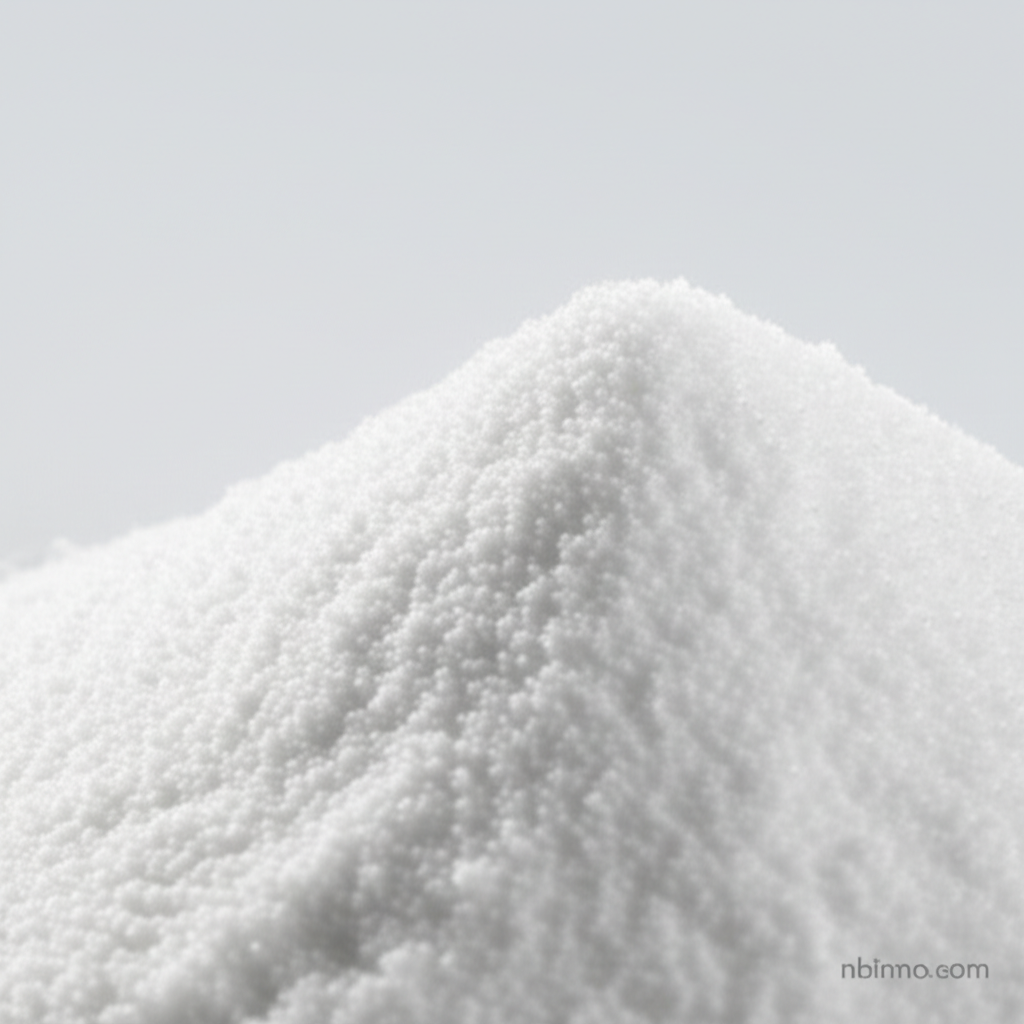Microcrystalline Cellulose (MCC): A Versatile Food Additive and Excipient for Enhanced Product Quality
Discover the extensive applications of MCC as a key ingredient for improved food, pharmaceutical, and cosmetic product performance.
Get a Quote & SampleProduct Core Value

Microcrystalline Cellulose
Microcrystalline Cellulose (MCC) is a purified, partially hydrolyzed cellulose derived from high-quality wood pulp. It's renowned for its inert nature, excellent compressibility, and stability, making it a valuable ingredient across numerous industries. MCC plays a critical role in enhancing product functionality, from improving the texture of baked goods to ensuring the integrity of pharmaceutical tablets.
- Explore the diverse uses of MCC as a food additive, including its function as an anti-caking agent to maintain the free-flowing properties of powdered foods.
- Understand how MCC acts as a pharmaceutical excipient, providing essential binding and bulking properties for tablet formulations, aiding in their disintegration and absorption.
- Learn about MCC's role as a fat substitute and emulsifier in food production, contributing to improved texture and stability in products like low-fat dairy and dressings.
- Discover the benefits of using MCC in dietary supplements and cosmetics, where it serves as a thickener, texturizer, and stabilizer to enhance product appeal and efficacy.
Key Advantages Provided by Microcrystalline Cellulose
Digestive Health Support
As a dietary fiber, microcrystalline cellulose promotes regular bowel movements and aids in digestion, making it a beneficial component in supplements and health-conscious food products.
Enhanced Product Stability
MCC's ability to increase viscosity and act as an emulsifier improves the stability of emulsions and foams, preventing separation in beverages, sauces, and dairy products.
Texture and Mouthfeel Improvement
This versatile ingredient acts as a texturizer in various foods, including baked goods and processed meats, contributing to a desirable mouthfeel and preventing clumping.
Key Applications
Food Production
MCC is widely used as an anti-caking agent, bulking agent, and texturizer in baked goods, dairy products, sauces, and processed foods to improve consistency and shelf life.
Pharmaceuticals
In the pharmaceutical industry, MCC serves as a crucial excipient, acting as a binder and filler in tablets, enhancing their compressibility and disintegration properties.
Cosmetics & Personal Care
Its properties as an absorbent, abrasive, and thickener make MCC valuable in skincare products, makeup, and toothpaste for improved texture and efficacy.
Dietary Supplements
MCC is utilized as a filler and binder in vitamin and mineral supplements, and as a dietary fiber supplement, promoting digestive health and aiding in nutrient delivery.
